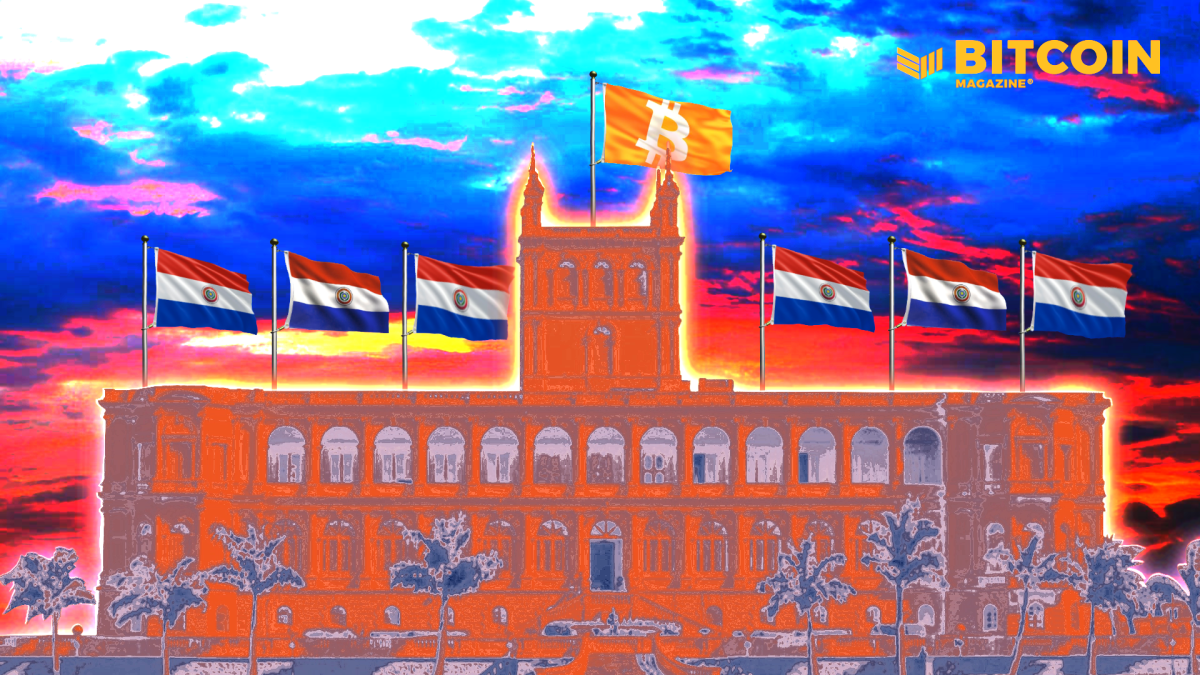Yesterday, Paraguayan Congressman Carlitos Rejala shared on Twitter his plans to run for the presidency in 2023 and establish bitcoin as an official currency for his country if he wins. Rejala also co-authored a bill proposal with Senator Silva Facetti in July that sought to regulate Bitcoin in Paraguay, though that bill classified BTC as property instead of legal tender.
The progressive member of Paraguay’s Chamber of Deputies told Bitcoin Magazine in July that the goal of adopting Bitcoin is to “welcome the innovation of cryptocurrencies in Paraguay to the world.” However, the proposed bill sought to ensure tight control over bitcoin mining to the Paraguayan government and attempt to offer investor protection from bitcoin businesses in the form of intense regulation.
Since El Salvador enacted its Bitcoin law on September 7, many rumors have surfaced that other countries would follow suit in the coming months. Ukraine recently took steps in that direction by legalizing Bitcoin, although the new legislation did not make the currency a legal tender in the country. Paraguay is now the latest on the list, and its natural characteristics make it a perfect home for the bitcoin mining industry.
Rejala’s country employs nearly 100% renewable energy sources from hydroelectric dams, the most iconic of which, Itaipu, is the second-largest in the world and produces around 14 gigawatts (GW) of power. That much green energy could certainly be leveraged by bitcoin miners but provided they abide by Paraguay’s rules. Rejala and Facetti declared in their bill that those wishing to set up shop in the country would need to request and receive a bitcoin mining license granted by the Ministry of Industry and Trade (MIC).
It is unclear if Rejala’s tweet indicates an actual intent to run for the presidency in his country. The congressman appears to be a Bitcoin bull; however, the intense scrutiny proposed by his bill poses some questions as to whether his country would be able to fully embrace Bitcoin.










